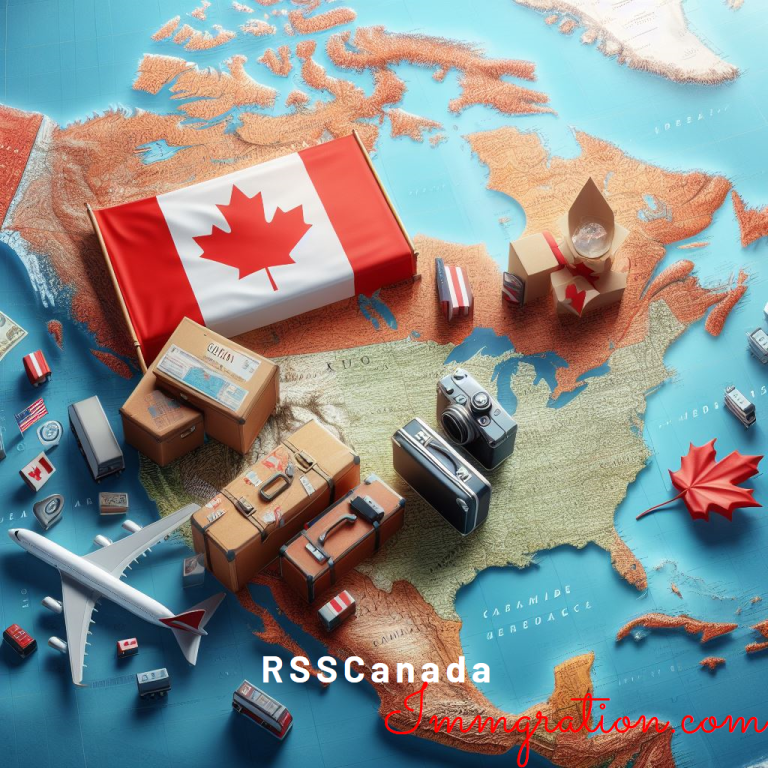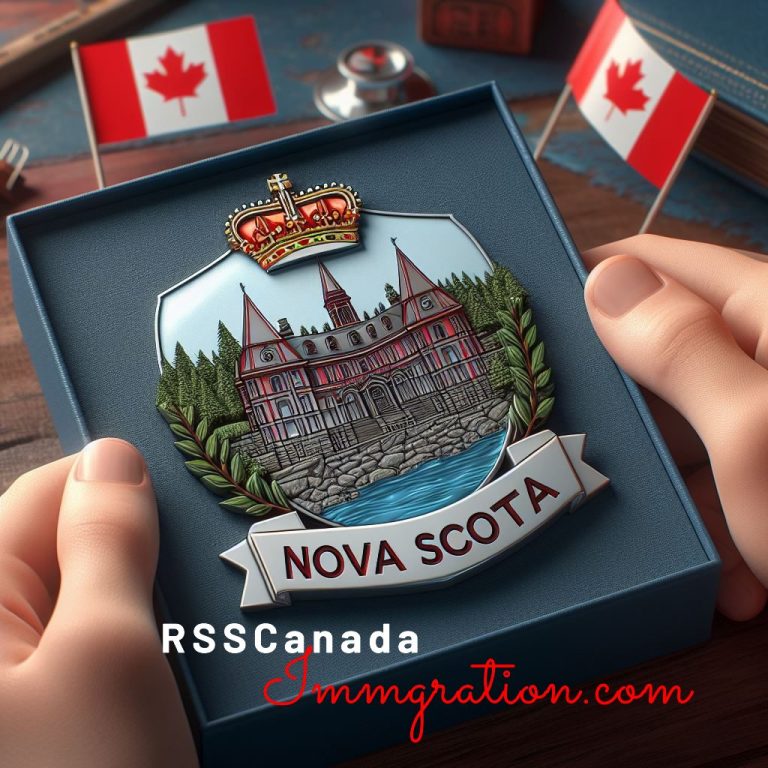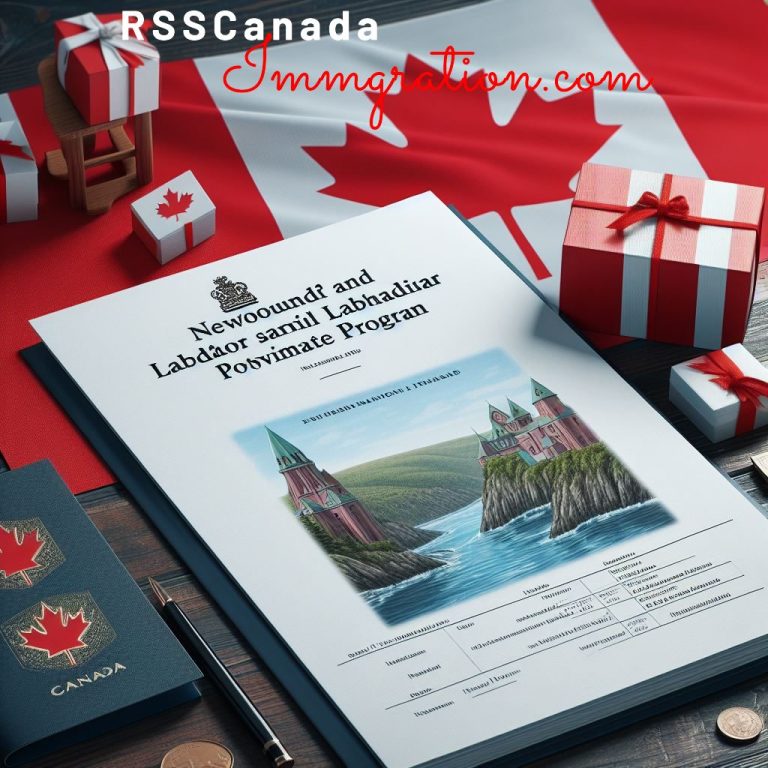Landing a permanent residency in Canada can seem like a challenging feat as one navigates through the complex routes of the country’s immigration system. Thankfully, the Provincial Nomination Programs (PNP) have emerged as a helpful solution for skilled immigrants who desire to settle in Canada. Our in-depth manual sheds light on the inner workings and advantages of the PNP, providing a valuable resource for those seeking to bring their expertise to different provinces and territories in Canada.
What is the Provincial Nomination Program (PNP)?
The PNP, a critical aspect of Canada’s immigration system, empowers provinces and territories to select candidates with the necessary skills, expertise, and credentials to support their local economies. This initiative is in line with Canada’s overall objective of promoting economic expansion and regional progress by drawing in and retaining highly skilled workers.
The Evolution and Significance of PNP
The introduction of the Provincial Nominee Program (PNP) marked a significant change in Canada’s immigration scene, granting provinces and territories the power to take an active role in selecting and integrating immigrants. Originally designed to address discrepancies in immigration distribution among regions, the PNP has since become a crucial aspect of Canada’s economic plan, fostering growth, advancement, and inclusivity throughout the country.
Historical Context
Throughout its history, Canada’s immigration system was primarily controlled by the federal government, while provinces and territories had limited involvement. However, influenced by their own regional interests and efforts to preserve their unique cultures, provinces like Quebec pushed for more control in selecting immigrants.
This led to the establishment of the Provincial Nominee Program (PNP) in 1998, through collaboration between the federal government and provinces. With the increasing concentration of immigrants in major urban centers like Ontario, Quebec, and British Columbia, the PNP was created to redirect immigrant arrivals to smaller provinces and territories with growing economic potential.
Economic Impacts
The PNP has spread throughout all provinces and territories, except for Quebec and Nunavut, since its establishment. This has resulted in increased economic growth and job opportunities in various industries.
PNP immigrants play a crucial role in energizing local economies, promoting entrepreneurship and innovation, and enriching cultural diversity.
Additionally, their impact goes beyond the economic scope, as they also promote social integration, community growth, and cross-cultural communication.
What are the reasons for choosing the PNP?
The PNP offers numerous benefits, including:
- Accelerated Residency Process:
- With much quicker processing times compared to standard immigration procedures, the PNP allows you to potentially call Canada your home in just 6 months.
- Tailored Stream Options: With over 80 diverse PNP streams available, there is a wide range of options for individuals with various skills, experience levels, and professions. You can find the perfect fit for your specific profile and career goals.
- Improved CRS Score: Receiving a provincial nomination gives you an added advantage of 600 points under the Express Entry Comprehensive Ranking System (CRS), significantly increasing your chances of receiving an invitation to apply for permanent residence.
To apply for the PNP program, individuals must complete following important stages:
Navigating PNP Streams
- Eligibility Check: Take a thorough look at the eligibility guidelines for the PNP stream you have selected. It is important to note that every stream has distinct criteria, so make sure you fulfill them with great attention to detail.
- Stream Application: Please complete and submit your application for your preferred PNP stream, including all required documentation and meeting the designated submission dates.
- Nomination Bliss: Receiving a coveted nomination certificate from the provincial authorities will propel you forward in your residency journey, provided that your application impresses them.
- Express Entry: Build a profile through Express Entry, emphasizing your provincial nomination and clearly stating your desire for certain provinces.
- Invitation to Apply: Sit back and anticipate receiving an offer to apply for permanent residency from Immigration, Refugees and Citizenship Canada (IRCC). This is when your improved CRS score will truly stand out!
- Permanent Residence Application: After receiving an invitation, send your full application for permanent residency to IRCC.
- Medical and Security Checks: It is necessary to complete both the mandatory medical examination and police clearance checks.
- Welcome to Canada!: It is necessary to complete both the mandatory medical examination and police clearance checks.
Key Provinces and Their Provincial Nominee Programs (PNPs)
Canada’s provinces and territories have established Provincial Nominee Programs (PNPs) to select and nominate individuals who meet their specific labor market needs and economic goals. Let’s take a closer look at these programs:
Alberta Advantage Immigration Program (AAIP)
Formerly known as the AINP, this program offers eight different streams for both workers and entrepreneurs looking to take advantage of job opportunities in Alberta’s thriving economy.
British Columbia Provincial Nominee Program (BC PNP)
The BC PNP targets skilled workers, graduates, and professionals with the necessary skills to fill high-demand positions in British Columbia. It has three streams – Skills Immigration, Express Entry BC, and Entrepreneur – to attract different types of candidates.
Manitoba Provincial Nominee Program (MPNP)
Currently undergoing renewal, the MPNP caters to skilled workers and their families who want to settle in Manitoba.Newfoundland and Labrador Provincial Nominee Program (NLPNP) – The
New Brunswick Provincial Nominee Program (NBPNP)
The NBPNP features streams for entrepreneurs, graduates, skilled workers with employer support, and those in the federal Express Entry pool.
NLPNP welcomes skilled workers, graduates, and entrepreneurs who have job offers, intend to reside in the province, and can contribute economically.
Nova Scotia Nominee Program (NSNP)
The NSNP nominates eligible skilled workers, graduates, entrepreneurs, and professionals seeking permanent residency in Nova Scotia. It has three streams aligned with Express Entry.
Ontario Immigrant Nominee Program (OINP)
The OINP is looking for foreign workers, students, business owners, and entrepreneurs who have the skills, experience, and intention to settle permanently in Ontario.
Prince Edward Island Provincial Nominee Program (PEI PNP)
This program targets skilled workers, graduates, and entrepreneurs who have a genuine interest in living, working, and contributing economically to PEI.
Saskatchewan Immigrant Nominee Program (SINP)
The SINP has a range of pathways, including its popular International Skilled Worker streams that align with Express Entry and Occupation In-Demand categories.
Northwest Territories Nominee Program (NTNP)
The NTNP grants Permanent Residency to skilled workers in high-demand occupations, critical service workers, and entrepreneurs who can contribute to the economic growth of the territory.
Yukon Nominee Program (YNP)
The Yukon Nominee Program (YNP) aids qualifying employers in nominating individuals who have received international training and business experience for permanent residence in Yukon.
Conclusion
The essence of Canada’s Provincial Nomination Program (PNP) reflects the country’s dedication to promoting comprehensive growth, regional development, and international talent acquisition. With various channels and collaborative alliances with provinces and territories, the PNP offers skilled individuals the chance to begin a life-changing process towards obtaining permanent residency in Canada. Aspiring immigrants, armed with the necessary skills and drive, can utilize the PNP to achieve their Canadian aspirations and make valuable contributions to the diverse and opportunity-filled landscape of the Great White North.
FAQs
Who can participate in Canada’s Provincial Nomination Program (PNP)?
The eligibility standards vary depending on the specific stream and province or territory. Generally, candidates must possess abilities, experience, and qualifications that align with the economic needs of the province. Some streams target specific professions or necessitate a job offer from a local employer.
What are the advantages of applying through Canada’s PNP?
Applying through this program can speed up the immigration process, add extra points in the Express Entry system, and provide opportunities for individuals who may not meet the requirements for federal programs. Additionally, provincial nominations can increase a candidate’s CRS score, thus increasing the chance of receiving an Invitation to Apply (ITA) for permanent residency.
How do I submit an application for Canada’s PNP?
Applicants typically follow a step-by-step process, which includes determining eligibility, submitting an application to the relevant PNP stream, obtaining a provincial nomination (if applicable), and applying for permanent residency through either a paper-based or Express Entry process.
What documents do I need to apply for Canada’s PNP?
Required documents may include a valid passport, Education Credentials Assessment (ECA) report, proof of funds, language proficiency test results, employment documents, and any additional documents specified by the chosen PNP stream or province.
Can I apply to multiple PNP streams at the same time?
Yes, candidates can apply to multiple PNP streams or provinces simultaneously to increase their chances of receiving a nomination. However, they must meet the eligibility criteria for each stream and adhere to the application procedures of each province or territory.
What happens after receiving a provincial nomination?
After receiving a provincial nomination, candidates typically update their Express Entry profile (if applicable), receive additional CRS points, and wait for an ITA for permanent residency from Immigration, Refugees and Citizenship Canada (IRCC).
Does each province or territory have quotas or restrictions for provincial nominations?
Each province or territory sets its own nomination quotas, which may be adjusted according to economic needs and program capacity. These quotas vary annually and among different PNP streams, so applicants should stay updated on program updates and deadlines.
What is the processing time for a PNP application?
The processing time for a PNP application varies depending on the specific stream, volume of applications, and the province or territory. Typically, it can take several months to over a year. Applicants should refer to the latest processing time estimates provided by the respective provincial authorities.
Can my family members join me through Canada’s PNP?
Yes, many PNP streams allow eligible family members, such as spouses, common-law partners, and dependent children, to be included in the applicant’s permanent residency application. However, family members must meet the requirements set by the chosen PNP stream or province.
Is there an option to appeal a decision on a PNP application?
Yes, applicants have the right to appeal a negative decision on their PNP application through the appropriate channels, such as administrative review or appeal tribunals, depending on the policies and procedures set by the province or territory. It is crucial to understand the grounds for appeal and follow the designated appeal process within the specified timeframe.



